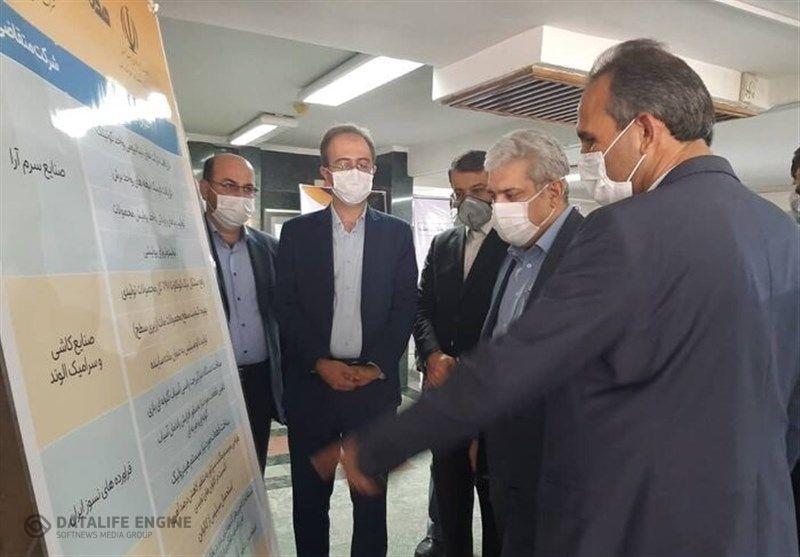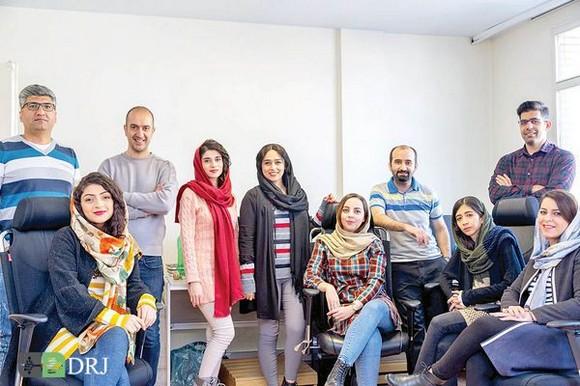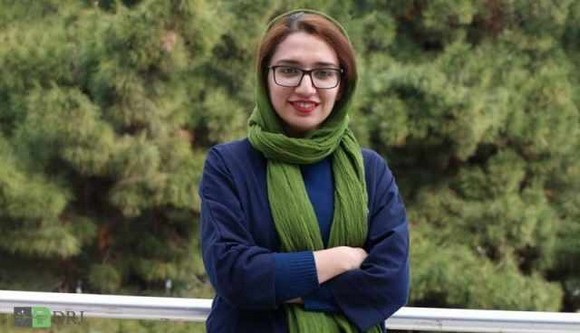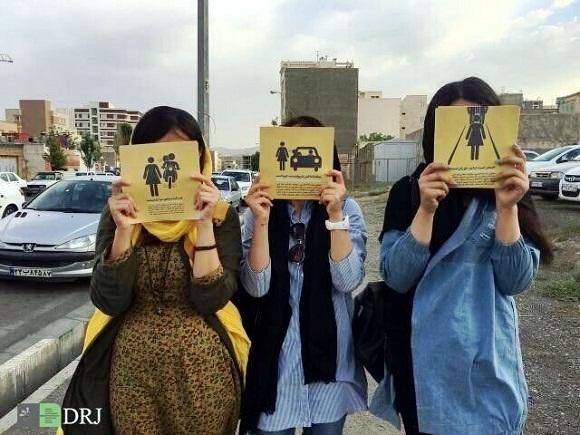Abul Kalam Azad
Abul Kalam Azad ( 1888- 1958 )
Mohiuddin Ahmad , better known as Abul Kalam Azad , played a leading role in the Indian struggle for independence and then later in the government of the India , remaining a symbol of the Muslim will to coexist in a religiously diverse India . Among his many writings were his acclaimed Urdu translation and interpretation of the Qur’an .
He was born in Makkah in 1888 in an Indian family which had emigrated from the subcontinent , but they returned to settle in Calcutta in the mid 1890’s . Azad studied at home , receiving his lessons from his father , Khairuddin Dihlawi , who was a sufi pir of the Qadiri and Naqshbandi orders , and from several other teachers . He received a thorough knowledge of the classical foundations of Islam , but the family atmosphere was extremely conservative and there was no room for the question “why” , and Azad came to decide that the beliefs he had been brought up with were “nothing but taqlid of ancestors , devotion to ancient customs and inherited dogma . ”
The writings of Sayyid Ahmad Khan had a profound influence on Azad’s religious and intellectual development , initially inciting him to be free from the limitations of the religion of his family , and then infused in him a passion for modern knowledge . He read profusely and claimed to have read nearly everything on modern knowledge published in Arabic . He was open to all sorts of trends of thought and belief but maintained that everything should be in moderation . Azad recognized that the Mu`tazilites and Sayyed faced similar challenges , each in their own time .
Azad felt that God called him to arouse the Muslims of India and persuade them to join the movement for political liberation . He began publishing his own newspaper al-Hilal ( The Crescent Moon ) in 1912 to arouse a new political consciousness , a desire for freedom in the religious class and a reverence for religion in the western-educated class . He called for a revival of the faith , to win the freedom represented by Islam , which was relevant to all aspects of life . He resisted , however , the establishment of Pakistan as a separate Muslim state . He went on to edit or co-edit numerous periodicals: Al-Balagh ( Calcutta ) , 1915-16; Al-Hilal ( Calcutta ) , 1912-14 , 1927; Al-Jami`a ( Calcutta ) , 1923-24; Al-Nadwa ( Lucknow ) , 1905-6; Lisan al-Sidq ( Calcutta ) , 1903-5; and Paigham ( Calcutta ) , 1921 .
He started a column in his journal al-Hilal on “scientific matters” ( muzakira-e-`ilmiya ) in February 1913 to make up for what he considered Muslims’ current lack of knowledge in all things scientific . He complained that western-educated Muslims could not believe that learned ulama studied philosophy thoroughly , and he criticized those BAs for their lack of a true love of knowledge , saying that no Aligarh graduates write books , translate great works , or make any contribution to knowledge . “Agnosticism used to be considered the result of the spread of learning But what shall we say of agnosticism which is now linked to sheer ignorance!” ( Al-Hilal 2;16: p . 266-67 ) . But though he was reluctant to admit the benefits of western education , and disdained the products of Aligarh , his columns on scientific matters focused on marvels of modern science . The article was on radium , followed by Scott’s expedition to the South Pole , wherein he praised European devotion to science and the search for truth . He translated articles from Scientific American , the first was on Montessori educational methods .
Abul Kalam Azad was elected president of the Indian Congress in 1923 , and was re-elected in 1940 . He served as Gandhi's adviser in Muslim affairs . He was minister for education in Independent India from 1947 till his death . Imprisoned six times throughout his politically active life , he cherished his time in detention . At age 53 , August 1942 he was imprisoned for the sixth time in Fort Ahmadnagar , having spent a total of ten and a half years in jail . He commented that “a seventh part of my life I have been detained . Thus the English gave me a fine Sabbath-rest” .
In his early years , he had a derogatory attitude toward science . Later , he developed his idea that science is concerned with things that can be perceived by the senses , religion with the supra-sensual . He wrote “true science and true religion , although they travel on different paths , in the end arrive at the same destination” in Ghubar-e-Khatir , ( pp . 146-49 ) . He maintained that religion is the only source of moral values .
Azad avoided trying to find evidence of scientific theories in the Qur’an . In his Tarjuman , he said , “the aim of the Qur’an is to invite the attention of man to His power and wisdom and not to make an exposition of the creation of the universe” ( SA 3 . p . 572 ) . The Qur’an contains things which the people of that time understood according to their own conceptions of life and custom , and could not contain any discussion of the facts of science and history in it , because the people of the time had no comprehension of them . He maintained that the Qur’an is the ‘ word from God’ ( kalam min ‘inda llah ) , rather than the ‘word of God’ ( kalam Allah ) . In a collection of Azad’s letters , published as Malfuzat-e-Azad , he states that we should understand the ‘divine word’ in the sense that it is divine ( khuda’i ) , while at the same time being in the words of the Prophet .
On the problem of the existence of God , Azad based his solutions on intuition , rather than rational reasoning . Without God , there can be no understanding of the origin of life in the universe . There is only one solution to this problem . There is one way out of the maze . There is one piece to solve the puzzle . The problem of life in the universe is like a book with the first and last page missing; we know neither the beginning nor the end . If there is an omniscient being behind the curtain , everything has meaning; if not , all is dark . Azad also argued from the position that man is so superior to animals that he must have superior inspiration . Everything around him is distraction , but he aspires to higher things . This can only be the case if there is something higher in front of him , which can only be God . The natural answer to the search is inherent in man’s nature; man’s quest for rising higher is a natural search , for which the answer is God . He gives an example that in learning to talk , children need living examples , and this requirement is naturally met by the mother and father .
Without denying the validity of either religion or modern knowledge , he insisted that the realm of religious knowledge must be regarded as forbidden territory for reason . He insisted that modern knowledge must not be allowed to cut away what belongs to religion . He dissociated himself from both the modernist rejection of religious knowledge , and the ulama’s lack of respect for modern knowledge . “I am compelled to separate myself from the religious reformers of today at this point , in spite of agreement on objectives and principles . Their position is that whatever traditions they find the least bit contrary to their self-made standards of reason , they are immediately anxious to reject…Why should tradition be rejected merely on this basis? Religious knowledge has its own standards for testing thought and tradition…You complain that the ulama pay no attention to modern affairs . But what you present to them is a pair of scissors , called by you ‘mutual confirmation of the revealed and the reasoned’ , with which you thoughtlessly cut away . When you are ignorant of religious matters , and Arabic , they cannot respect you . Although personally , I think they are wrong in this attitude . ”( Al-Hilal 2;6: 85-6 . )
Azad pursued questions of spirit and nature throughout his life . He concluded that the true relation between science and religion is not one of controversy but of harmonious coexistence and leads to the discovery of the actual existence of a Universal Religion , despite all the extant divergent rites and creeds . For this primary purpose , Azad wrote his commentary Tardjuman al-Qur’an ( 1930 ) . This commentary is esteemed by Urdu readers because of the excellent Qur’an translation which it contains .
Azad died in New Delhi in 1958 . He is buried in a simple tomb within a garden surrounded by a stone wall , between Jama Masjid and the Red Fort in the old city of Delhi .
CIS
Works by Abul Kalam Azad
( 1931 ) , Tarjuman al-Qur’an , vol . 1 , ( 1936 ) , vol . 2 , Daftar-e-Tarjuman al-Qur’an , Delhi . ( n . d . ) , Shaikh Mubarak Ali , Lahore . ( 1945 ) , 2nd edition , Karachi . Translated into English by Syed Abdul Latif , Kazi Publications , Lahore , ( n . d . ) .
( 1958 ) , Basic Concepts of the Quran , Syed Abdul Latif , ed . Academy of Islamic Studies , Hyderabad .
( 1959 ) , India Wins Freedom – An Autobiographical Narrative , Humayun Kabir , ed . , Orient Longman , Bombay .
( 1967 ) , Ghubar-e-Khatir , Malik Ram , ed . Sahitya Akademi , New Delhi and ( n . d . ) , Anarkali Kitab Ghar , Lahore .














































